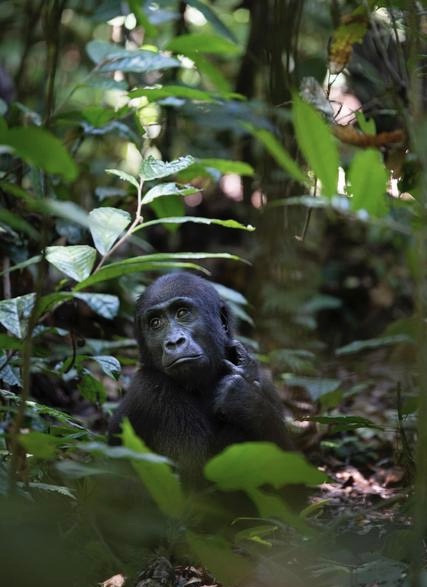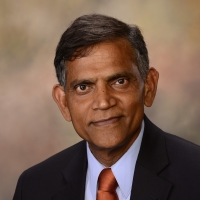Teams Like This
Research institutes and organization like The United Nations and World Bank are calling to improve our current measure of national wealth to incorporate equity and nature conservation. Rwanda is one of the World Bank’s pilot countries for “natural capital accounting,” or determining the value of the non-market services provided by nature. This team’s work will directly support Rwanda’s development planning process through various economic development programs such as Vision 2020, Economic Development and Poverty Reduction Strategy (EDPRS), Crop Intensification Program, and Green Growth Strategy among others.
OUR APPROACH: This group will tackle this challenge by quantifying the economic values of natural regions in Rwanda, exploring and identifying economic tradeoffs associated with different natural resource management options, and identifying innovative financing mechanisms that encourage investment in natural capital.

National Park Fees Capture Value
The results of value estimation survey data from visitors to Rwanda’s Nyungwe National Park were analyzed and integrated into southwest Rwanda’s regional Social Accounting Matrix (SAM) for a manuscript focusing on tourism policy in Nyungwe National Park. The study found that increasing national park fees for high-income foreign tourists can bolster the national economy, improve conservation, and aid continued peace-building.
Predicting Economic Responses to Policy Changes
The team developed an economic model using land account data in conjunction with Rwanda’s blueprint for an Economic Development and Poverty Reduction Strategy to create a land use allocation manuscript that accounts for economic responses to changes in land use policy. The team’s work also provides a methodological framework to integrate natural capital into a system of national accounts.
Change in Ecosystem Services
Increased population and landcover change has led to a decrease in ecosystem services (ES) in Rwanda from 1990-2015. The team has modeled several different ES such as carbon storage and sediment retention. The implications of this study shine a light on the importances of protected areas in safeguarding ES flows in Rwanda and act as a baseline to inform development strategies that better link economic and environmental goals.

“Data on protection of upstream watersheds will be useful in managing water for hydroelectric power, irrigation, and public supply in the face of climate change. The natural capital accounting steering committee in Rwanda, established to guide the development of World Bank WAVES project in Rwanda, can use lessons learnt from this working group to move their work forward.”
-Janaki Alavalapati, Team Leader
This proposal approved for funding by the Green Climate Fund in late 2023 awards nearly $40 million to Rwanda’s Ministry of Environment and Rwanda Forestry Agency, working in partnership with Wildlife Conservation Society, to help build resilience in communities vulnerable to climate variability in the Congo Nile Divide. This proposal comes in part from the results of SNAPP’s working group Rwanda Natural Capital Accounting.
This publication in the Journal of Sustainable Tourism quantitatively explores the economic impacts of adjusting Nyungwe National Park visitation fees to improve Park tourism opportunities and operations.
This study published in Forest Policy and Economics provides a methodological framework to integrate natural capital into a system of national accounts.
In the publication Nature and People, the team developed ecosystem service models to quantify ecosystem conditions in Rwanda from 1990-2015.
Auburn University
University of Rwanda
Regional Centre for Mapping of Resources for Development (RCMRD)
Encourage Capital
Rockefeller Foundation
Senior Economist (World Bank) and Environment for Development Initiative
Rwanda Ministry of Finance and Economic Planning
Global Green Growth Institute (GGGI) Rwanda Program
Pollination Group
The Nature Conservancy; University of Queensland
The World Bank; US Geological Survey (USGS)
Rwanda Environment Management Authority
Wildlife Conservation Society
Wildlife Conservation Society
Inter-American Development Bank
Montclair State University
Wildlife Conservation Society
The World Bank
University of Minnesota
University of Kentucky